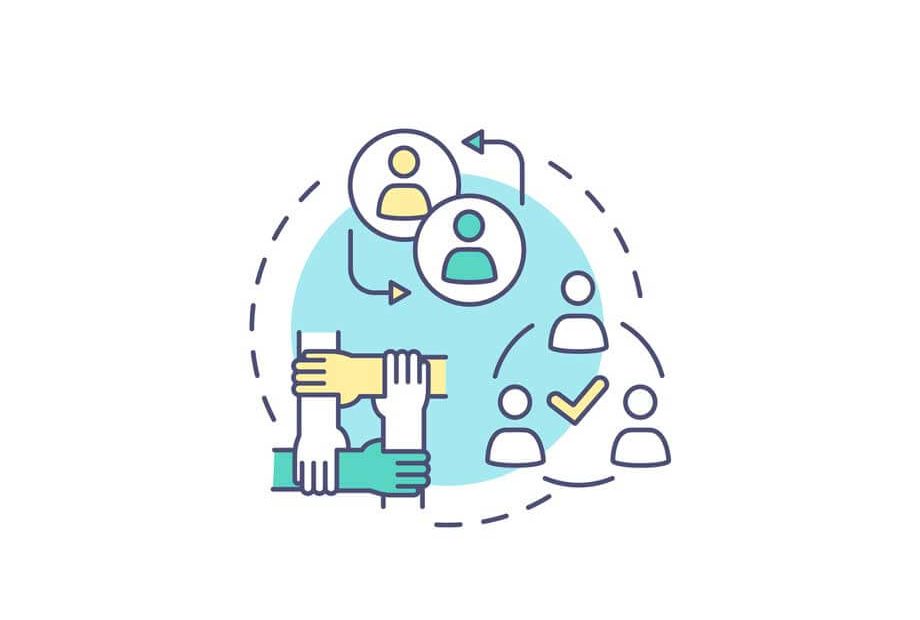Note: In an emergency, please call 911 or the following:
UHS: After-Hours Medical Emergency: 410-955-4331. After-Hours Psychiatric Emergency: 410-955-1892.
JHSAP: 443-287-7000, option #1.
Prevalence of the Issue
Between clinical rotations, studying for exams and the stress of balancing personal and social lives, medical students may often find themselves gasping for air. According to the AAMC, 30% of medical students and residents experience depression, and 10% report suicidal ideation. Every year, there are multiple reports of medical students, residents and attending physicians who die by suicide. When the people who care for others are suffering, who will help them heal?
Background of the Peer Health Navigator Program
The Peer Health Navigator (PHN) Program was initially born from the ideas of the Gertrude Stein Society at The Johns Hopkins University. As a student-led LGBTQ+ organization, the society hoped to help students find providers and other health resources. Over time, the project grew and expanded to include peer support and listening that could help students who needed day-to-day support. Under the guidance of Jacki Stone, executive director of student well-being, and with help from Katherine Chretien, associate dean for medical student affairs and director of medical student wellness, the PHN program was born. Students from the school of medicine were recruited as peer health navigators in December 2021, and the program officially launched in October 2022 with its first month of office hours.
PHNs are trained in supportive listening and equippedwith knowledge about the health and wellness resources available at University Health Services and within the community. They can provide support for accessing timely and culturally appropriate health care and offer supportive listening and health coaching for students seeking mental health assistance. The navigators provide one-on-one support and supportive listening during office hours, and are available to respond to requests outside of office hours. Simultaneously, the PHNs are working to reduce stigma that surrounds seeking mental health support.
Training
In the program’s inaugural year, PHNs were trained in supportive listening techniques, mental health first aid and wellness resources available within the Hopkins community. Although students are trained in supportive listening, it is important to note that they are not trained counselors. For this reason, PHNs are also trained in referring students in crisis to the appropriate resources.
Program Services
Currently, the PHN program offers confidential office hours Monday, Wednesday and Friday from 6–9 p.m. for school of medicine students seeking support. On off hours, students can still submit confidential PHN requests via a Google form or via texts or calls to their designated line: 443-609-7178. The next PHN on shift will respond to these requests. Some of the topics PHNs are available to discuss with students include:
- Study tips and resources
- Struggling with a quiz/exam
- Feeling alone
- Roommate/interpersonal issues
- Negative clinical experiences
- Information about living in Baltimore
- Just want to chat
- Anything else they may have on their minds
Future Directions
In the future, the PHN program hopes to expand to other graduate students at the school of medicine as well as the school of nursing and the Johns Hopkins Bloomberg School of Public Health. Their hope is to be able to help as many learners as possible.
How to Contact the Peer Health Navigator Program
You can reach a PHN during their office hours: Monday, Wednesday and Friday from 6–9 p.m. by phone or text at 443-609-7178, by email at [email protected] or via their Google form.
Note: You can contact the PHN program any time outside of their office hours, and a PHN will get back to you as soon as possible.
Related Content
- The Mental Health Crisis in Medical Education: Sharing Stories, Normalizing Unwellness and Seeking Help
- Dealing with Mental Health in Academia
- Managing Burnout: Advice for New Medical Trainees
Want to read more from the Johns Hopkins School of Medicine? Subscribe to the Biomedical Odyssey blog and receive new posts directly in your inbox.
